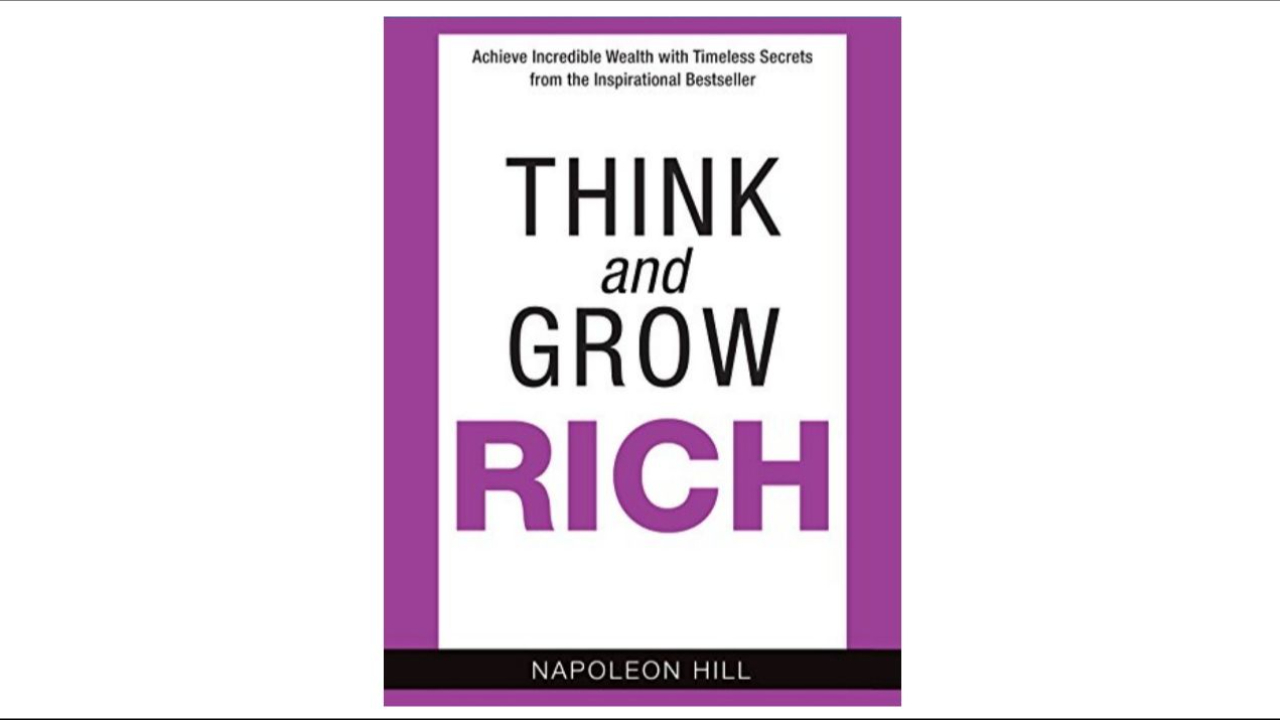
Self-Analysis: The Missing Ingredient Behind Successful Planning
Nov 22, 2025Self-Analysis: The Missing Ingredient Behind Successful Planning
In Think and Grow Rich, Napoleon Hill makes a powerful point that many people overlook: even the best, most strategic plan will fail if you, the person responsible for executing it, are not prepared to carry it out.
Hill writes: “Self-analysis is the secret of successful planning.” “You may deceive all the people some of the time, and some of the people all the time, but you cannot deceive yourself.”
This chapter is a reminder that your success isn’t just determined by your goals or your strategies, it’s determined by who you become while pursuing them. Hill includes dozens of self-analysis questions designed to reveal your habits, mindset, strengths, weaknesses, and character because your plan can only succeed at the level of the person implementing it.
Self-analysis is not about judging yourself. It’s about gaining clarity so you can grow into the person capable of executing your plan with power and consistency.
How Self-Analysis Accelerates Your Success
- It Reveals Hidden Weaknesses That Sabotage Your Goals: Most goals fail not because the plan is wrong, but because the person executing it is unprepared. Self-analysis helps you identify patterns such as procrastination, poor time management, fear of failure, feal of rejection, lack of persistence, or overthinking instead of acting. Once you recognize these patterns, you can address them intentionally instead of letting them undermine your progress in the background.
- It Helps You Leverage Your Strengths: Self-analysis isn’t just about weaknesses; it’s also about clarifying what you do exceptionally well. Maybe you excel at communication, relationship-building, creativity, strategy, or problem-solving. When you align your plan with your strengths, execution becomes smoother, faster, and far more effective.
- It Turns Blind Spots Into Breakthroughs: We all have blind spots, behaviors or beliefs we don’t notice that limit our success. Examples might include saying you’re committed but not taking committed action. Undercharging because of low self-worth. Trying to do everything yourself instead of delegating. Or avoiding difficult tasks and calling it “busy work.” Bringing these blind spots into awareness often creates major breakthroughs in performance and confidence.
- It Creates a Blueprint for Personal Growth: Self-analysis clarifies who you must become to achieve your goals. Instead of hoping success will “just happen,” you can deliberately develop the habits, skills, mindset, and discipline required to reach your next level. Hill reminds us that income growth always follows personal growth. As you evolve, your results evolve with you.
- It Improves Your Decision-Making and Planning: When you understand your natural tendencies, whether you’re impulsive, hesitant, easily distracted, or highly disciplined, you can build a plan that supports your strengths and compensates for your weaknesses. This awareness makes your planning deeper, more realistic, and far more effective.
A Practical Example of Self-Analysis in Action
Let’s take a common example: “I will earn $10,000/month by December 2026.”
Without self-analysis: You procrastinate but don’t understand why. You repeat the same mistakes. You chase new ideas without committing long enough to see results. You feel stuck but can’t pinpoint the cause.
With self-analysis: You realize your procrastination is rooted in fear, so you build accountability. You identify that you’re underpricing your services, so you adjust confidently. You recognize you’re strong in relationship-building, so you focus on calls and networking rather than ads. You eliminate old habits and replace them with aligned, effective actions. Suddenly, your actions match your goals and your progress accelerates.
Action Steps to Apply Self-Analysis This Week
- Conduct a Weekly Review: Ask yourself: What worked well this week? What didn’t work and why? What personal habits helped or hindered me?
- Create a “Personal Success Scorecard”: Rate yourself (1–10) on key traits like: Focus, Confidence, Persistence, Discipline, Risk-taking, and Consistency. Anything below a 7 becomes an area for improvement.
- Ask Yourself Hard, Hill-Style Questions: “Am I truly committed to this goal, or just interested?” “Where am I making excuses instead of taking responsibility?” “What habits or skills must I master to become the next-level version of myself?”
- Update Your Plan Based on Your Growth: As you improve, refine your strategy to match the person you are becoming.
Free Live Online Weekly "Think and Grow Rich" Study — Join Us
What if your goals stopped being wishes and started becoming results?
We’re launching a free weekly online discussion based on Napoleon Hill’s Think and Grow Rich, with a special focus on the six practical steps from Chapter 2—the exact process Hill taught for turning desire into achievement.
Each week, we break the ideas down simply, discuss how they apply to real life, and support one another in actually using them—not just reading about them.
You’ll get:
✅ Guided discussion and real-world examples
✅ A supportive community of like-minded achievers
✅ Study worksheets to help you apply what you learn
✅ Mentorship from Dave Smith & Doug Shepherd
No cost. No pressure. Just clarity, consistency, and momentum.
If you’re ready to think differently, and grow intentionally, join us and get started.
Monday Nights at 7:00PM EST starting January 5, 2026

